SERC Postdocs, 2025-2026
SERC Postdocs are an interdisciplinary community of researchers whose work engages with the Social and Ethical Responsibilities of Computing. Bringing together expertise in philosophy, brain and cognitive sciences, information sciences, ethical design, and related fields, they contribute both scholarly insight and collaborative leadership. They also play an active role as mentors and leaders of the SERC Scholars.
Dr. Elif Birced

Dr. Elif Birced is a postdoctoral associate in the MIT Sloan School of Management and SERC. She received her PhD in sociology from Boston University in 2025. Her research explores how platforms and AI are transforming the future of work and organizations. In her solo-authored projects, she examines how platforms reshape control and autonomy over individuals’ work and the evaluation of influence. At MIT, she will collaborate with Professors Georg Rilinger, Susan Silbey, and Anantha Chandrakasan on a project examining how companies implement AI and address AI-related fraud.
Dr. Ziv Epstein
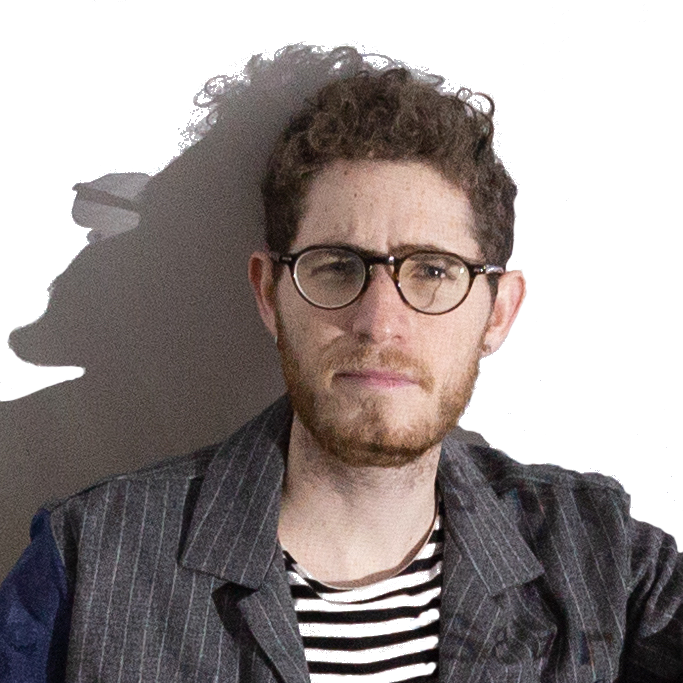
Dr. Ziv Epstein is a computational social scientist sitting between the MIT Schwarzman College of Computing and History Theory & Criticism in the School of Architecture. His current research explores how to audit the values amplified by social media ranking algorithms, and how to steer these algorithms to align with human values. Beyond social media, he is also interested in the impacts of AI on creative production in settings such as visual media and interpretative labor (e.g. divination). He was previously a postdoctoral fellow at Stanford University (2023-2025), and received his PhD from the MIT Media Lab (2023) where his dissertation focused on new ways to operationalize and measure attention on social media and implications for fighting misinformation online. He is also a practicing multimedia artist whose work has been featured in Ars Electronica, MIT Museum, and Burning Man.
Dr. Xinlan Emily Hu
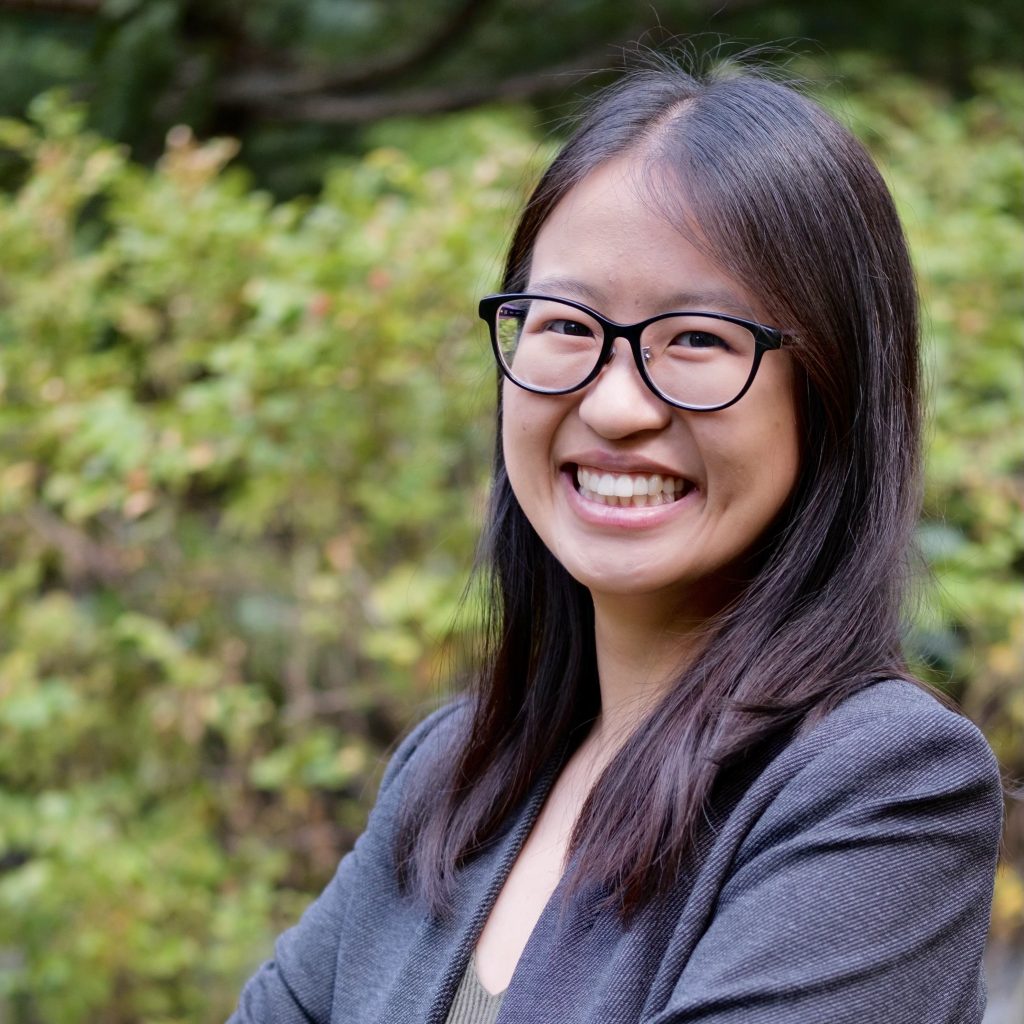
Dr. Xinlan Emily Hu is a postdoctoral associate in the Institute for Data, Systems, and Society and SERC. Emily is a computational social scientist studying decision-making in groups and teams. Her research focuses on understanding the tasks, contexts, and processes that lead to “good” group decisions — whether it is a more procedurally fair outcome, a more productive result, or simply an interaction that sparks joy. She has a particular interest in technology-mediated interactions, including remote work, human-AI teams, and online groups. Her work combines real-time online experiments, observational data, and machine learning methods. She completed her PhD work at the Wharton School, University of Pennsylvania, and she also holds a master’s in symbolic systems and a bachelor’s in computer science from Stanford University.
Dr. Robert Johansson
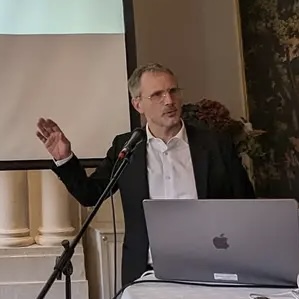
Dr. Robert Johansson is a postdoctoral fellow in the Department of Brain and Cognitive Sciences, working in Josh Tenenbaum’s lab, and SERC. His research lies at the intersection of psychology, artificial intelligence, and clinical science. His earlier PhD (2013) focused on developing computerized psychological treatments, while his recent PhD (2024) pioneered “machine psychology” — an interdisciplinary approach integrating principles from learning psychology with adaptive AI systems. His current research extends this work by developing computational cognitive models of processes central to clinical psychology, examining how structured generative models from computational cognitive science can illuminate the sources of emotional suffering. Johansson is also a licensed clinical psychologist and meditation instructor.
Dr. Michal Masny

Dr. Michal Masny is a postdoctoral associate in the Department of Philosophy and SERC. He received his PhD from Princeton University. His research addresses three topics in moral and political philosophy: well-being, the future of humanity, and work. His current project examines the role that paid work plays in our lives; how technological and social transformations affect this role, and the desirability of a world without work.
Dr. Patrick McKee
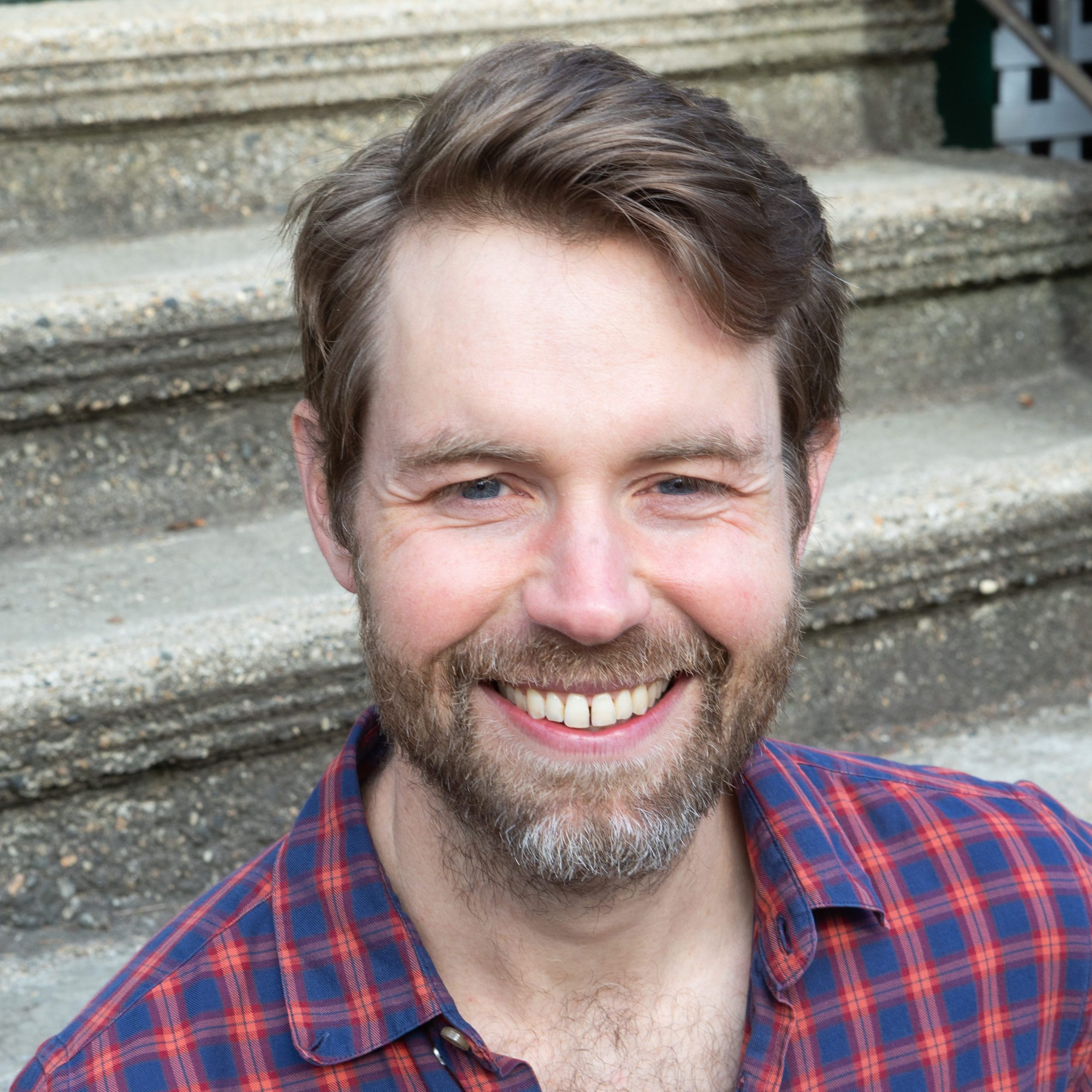
Dr. Patrick McKee is a postdoctoral associate in the Department of Linguistics and Philosophy and SERC. He received his PhD from Brown University in 2025. He is interested in AI welfare, both as a practical problem and because of what it might teach us about welfare in general. His research explores, for example, connections between welfare and mental states, and between welfare and embodiment. He also has research interests in animal ethics and in philosophy of mind.
Dr. Anna Papp
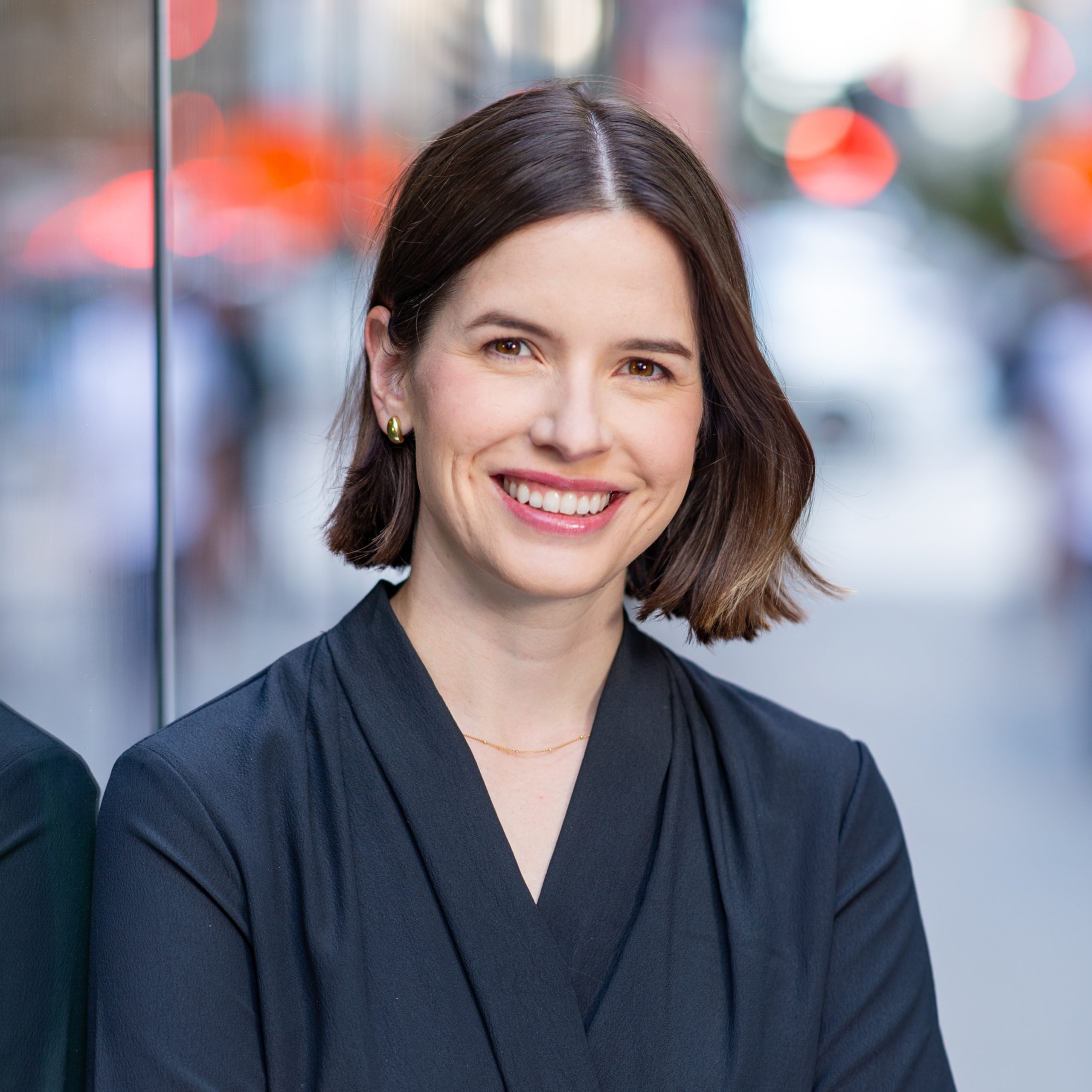
Dr. Anna Papp is an environmental economist and a postdoctoral associate in the Department of Economics and SERC. Before coming to MIT, Anna received her PhD in sustainable development from Columbia University. Anna conducts applied microeconomic and interdisciplinary research related to climate change, climate adaptation, and plastic pollution. She uses remote sensing and non-traditional data in a lot of her research. Examples of Anna’s current projects include detecting open-air waste sites using satellite data and studying outdoor workers in a world with climate change. She is excited to combine novel sources and applications of data with econometric/ML tools to investigate interactions between the environment and society.
Dr. Virgile Rennard

Dr. Virgile Rennard is a postdoctoral associate in SERC. He received his PhD in computer science from École Polytechnique im 2025 where his dissertation focused on dialogue understanding and summarization, with applications to political discourse and meeting conversations. His research lies between the intersection of natural language processing and political science. He is particularly interested in the development of large language models (LLMs) for dialogue and debate, and in understanding how these models reflect and reproduce political and cultural biases. In addition to bias and fairness, Virgile’s research addresses the practical deployment of dialogue systems. At MIT, he will be working on leveraging LLMs and generative AI for deliberative democracy.
Dr. Erik Sandelin

Dr. Erik Sandelin is a postdoctoral fellow in the Data+Feminism Lab and SERC. As a designer and researcher, Erik makes prototypes to activate and investigate gracious modes of life. He holds a PhD in art, technology, and design from KTH Royal Institute of Technology and Konstfack in Stockholm. In his dissertation, Erik develops the concept of grace (actively not doing what you are able to do) to decouple action from force and passivity from resignation in design. He has deployed prototypes in museums, schools, and public spaces around the world. Erik is also a co-founder of interaction design and innovation studio, Unsworn. At MIT, Erik seeks to articulate a register of grace in contemporary technology design and development. When and how does it become possible to create by not using all the force at your disposal?
Dr. Michelle Spektor
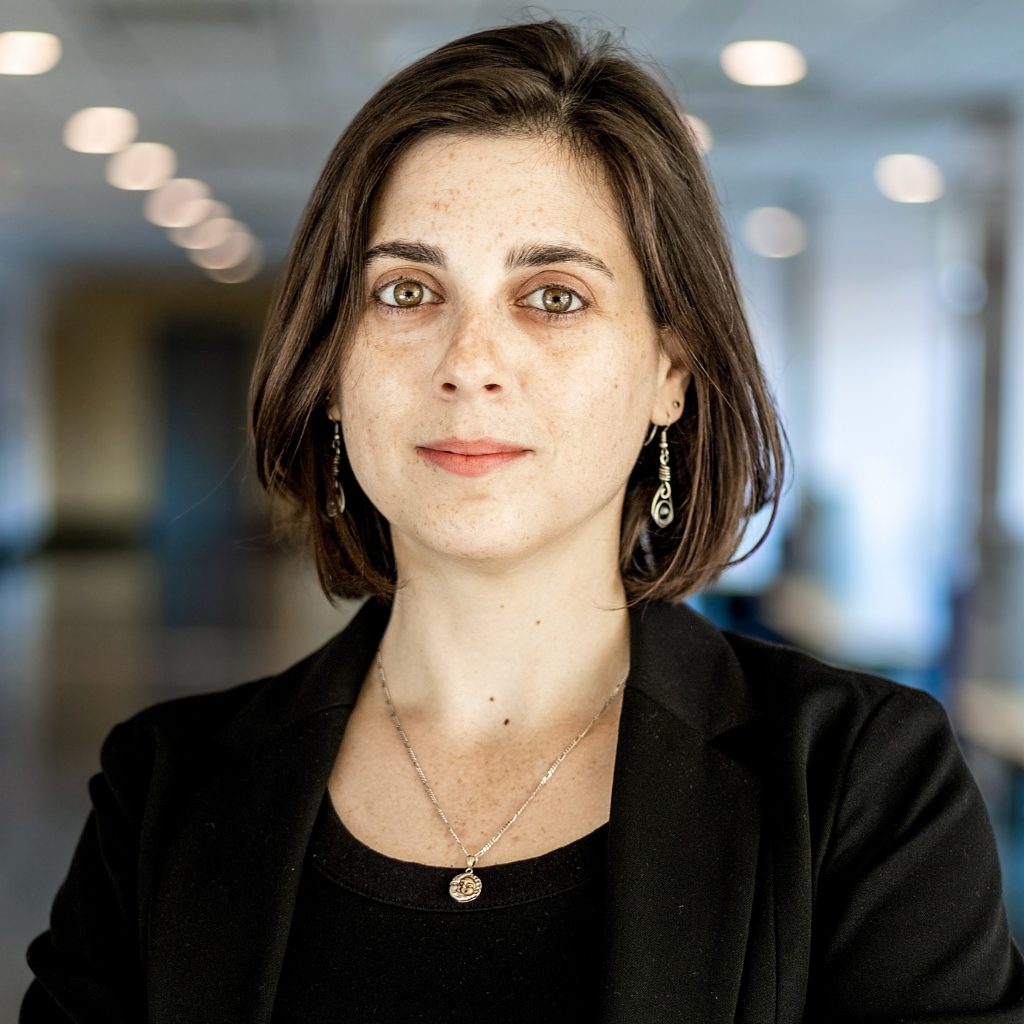
As a historian of technology, Dr. Michelle Spektor studies the past as a source of insight into the social, political, and ethical implications of surveillance technologies in the present. Her research examines why states are increasingly using biometric systems to identify their own citizens, and how these systems shape state-citizen relationships and politics of national belonging. Her current book project pursues these questions by tracing the transnational history of British and Israeli biometric infrastructures since 1904. Before joining SERC, Michelle was a lecturer in the Science, Technology, and Society Program at Tufts University, and completed a PhD in History, Anthropology, and Science, Technology, and Society at MIT. She has previously held fellowships at the Center for International Security and Cooperation, and the Institute for Human-Centered Artificial Intelligence, at Stanford University.
Dr. Jakob Stenseke

Dr. Jakob Stenseke is a postdoctoral fellow in the Algorithmic Alignment Group, hosted by Prof. Dylan Hadfield-Menell, and SERC. His interests revolve around three Ms: minds, machines, and morality. He earned his PhD in philosophy from Lund University in 2025, where he examined artificial approaches to morality through lenses such as virtue ethics, game theory, and computational complexity. At MIT, Jakob seeks to combine insights from moral philosophy and cognitive science to inform the design and training of AI systems that better reflect the richness of human values and the intricacies of human thought.
Dr. Elliott Thornley

Dr. Elliott Thornley is a postdoctoral associate in the Department of Linguistics and Philosophy and SERC. He works on AI safety and AI alignment, using ideas from decision theory to design and train safer artificial agents. He also does work in ethics, focusing on the moral importance of future generations. He received his PhD from Oxford University in 2023.